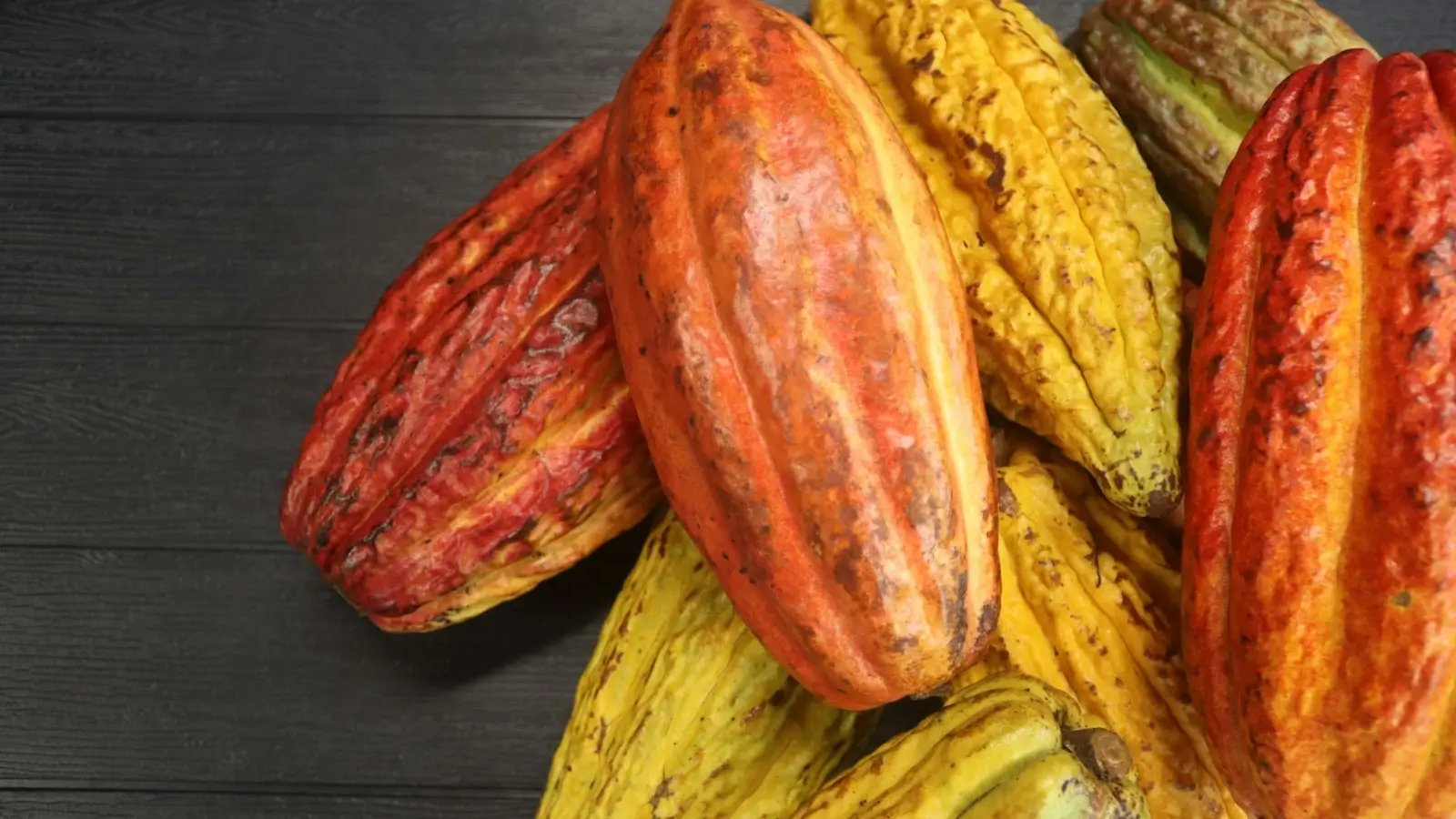


We are all aware that the cocoa industry has faced several challenges that have impacted its production. This is especially the case for the last few months, when you have surely heard about a cocoa crisis that has led to high prices. As a result, chocolate companies have sought solutions to continue offering high-quality products to their customers without incurring significant costs.
The good news is that technology can be a valuable ally for companies seeking to enhance their offerings and address the shortcomings that have begun to emerge in this landscape. Technology has led the way to recent advancements, including genetic modifications, precision agriculture, and other smart farming techniques, which have a positive impact on increasing sustainability and improving crop yields. Technologies can also offer solutions to combat diseases that can affect cocoa crops, and in this way, lead the way to a better tomorrow.
In this article, we will examine the key technologies poised to transform the cocoa industry. Keep reading to learn more.
If the cocoa industry wants to improve its operations, it must do so while considering the first steps in cocoa farming, which usually present the greatest challenges. The good news is that new technologies are poised to transform the cocoa industry, enhancing both sustainability and productivity. Some tools present in this approach include the use of digital tools, agroforestry, and other sustainable farming practices.
Nowadays, we are facing climate change, which poses a threat to all living beings, including humans, animals, and plants. This is why we need to explore alternative ways to build resilience against the harsh conditions the planet is currently facing. In the case of cocoa, we can utilize technology to unlock the potential for genetic improvements in cocoa varieties, thereby better preparing this crop for climate change and pest resistance. This will ensure that cocoa production remains high and meets the demand of organizations involved in cocoa production. In this way, chocolate companies will still create delicious sweets made from high-quality cocoa ingredients.
The cocoa industry can enter a new era thanks to precision technologies designed to manage and monitor crops more effectively, bringing improved solutions. Some of the most important technologies we can mention are satellite imagery, drones, and data analysis. With these technologies, farmers can significantly enhance their crop yields by making necessary changes in real-time, whether assessing soil health, applying the right nutrients, or optimizing their irrigation system.
There are special technologies that can help the cocoa industry focus more on sustainability. Here are some of them.
Agroforestry can become a practical approach in cocoa farms, as it can address the soil problem associated with cocoa crops. This practice is an innovative force that combines cocoa cultivation with the growth of other crops. The benefit of this approach is that soil health will improve, cocoa trees will have more shade, and biodiversity will increase. This leads the way to a sustainable future. Ofi is a cocoa supplier that has understood the importance of sustainability in cocoa production, which is why it can serve as an example to other worldwide businesses.
Cocoa production has been associated with some negative impacts on the world, which is why, to thrive, this sector should also look for ways to mitigate the current problems it faces. Some strategies worth considering include reducing deforestation and prioritizing soil conservation, which can help create a balanced ecosystem for cocoa production and mitigate its negative impacts.
Other great solutions that can prove helpful are reduced tillage and cover cropping, which can play a significant role in soil restoration and carbon sequestration. Companies from the cocoa industry can also consider forming partnerships with key cocoa players, enabling them to collectively create a positive impact on the world while protecting the environment.
Cocoa companies can also improve various aspects of their cocoa processing operations, thereby enhancing the consistency and efficiency of their business. Besides streamlining procedures, these technologies can also help maintain the high quality of the beans and improve their flavors. Here are some examples worth paying attention to.
Technology has opened the door to drying and fermentation techniques, intended to reshape the cocoa processing process. Among the most important practices we can mention are automated fermentation systems, which control the humidity and temperature of cocoa and impact its flavor. Other technologies, such as microwave drying and solar drying, involved in the cocoa sector can also contribute to reducing time and labor costs.
Technology can also significantly enhance quality control through the use of sensor technology, data analytics, and automated grading systems. Thanks to these technologies, cocoa suppliers can monitor bean quality, moisture levels, and contamination, which will ultimately improve cocoa quality.
The cocoa sector is already facing numerous challenges, so companies operating in this sector must take the necessary steps to continue providing excellent services to their customers. The great news is that technology can provide solutions to the problems present in the cocoa industry. Advances in technology, such as blockchain, precision farming, and biotechnological advancements, are meant to revolutionize and revitalize this sector. They are designed to address sustainability challenges, while also ensuring that customers and chocolate businesses have access to high-quality cocoa.
As technology continues to improve, the future will undoubtedly bring even more technological advances that will benefit the cocoa market.